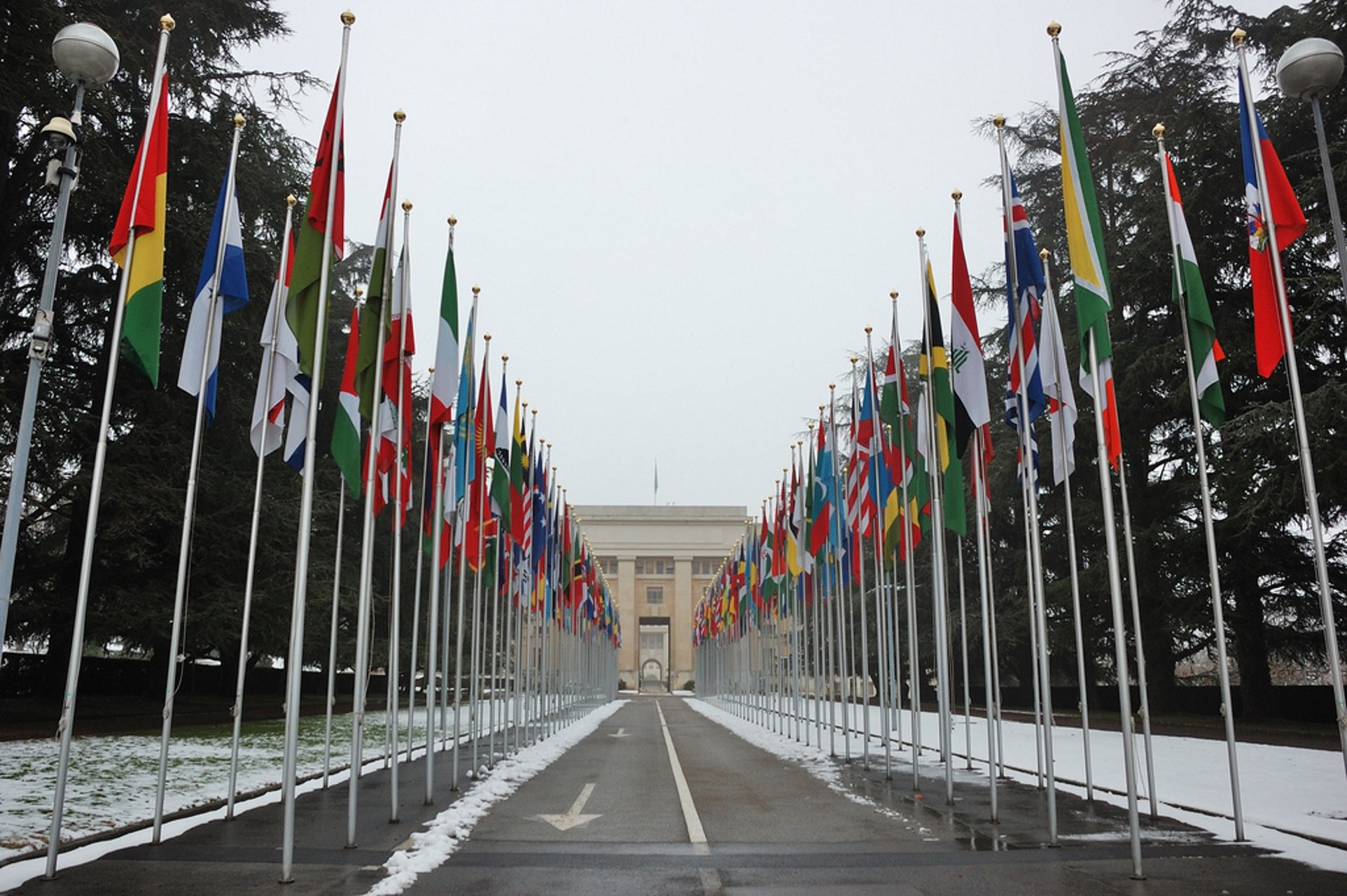The Spanish state will formally request the UN recuse two of the five members of the Working Group on Arbitrary Detentions who this week called for the immediate release of Catalan politicians Oriol Junqueras, Jordi Sànchez and Jordi Cuixart.
The petition, announced by Spain's permanent representative to the UN in Geneva, Cristóbal González-Aller, affects group members José Guevara from Mexico and Seong-Phil Hong from South Korea and only concerning the specific case of the pro-independence leaders.
Spain argues they have a conflict of interests, given they both worked on at least two previous cases in different UN human rights bodies with British lawyer Ben Emmerson who is representing the Catalan plaintiffs in the case.
"We will ask for the recusal of some of the members of the group because we're aware there exists a direct relationship between two of its members and the British lawyer," the diplomat said. Emmerson was UN Special Rapporteur on Human Rights and Counter-Terrorism from 2011 to 2017 and "collaborated on two specific cases with the South Korean and on at least two more cases with the Mexican we're aware of, one relating to Egypt and another in Guantanamo".
Guevara and Hong were both appointed to the group in 2014, and the former is now it's chair-rapporteur. Both have had prestigious careers in the law and human rights.
Earlier this week, a report from the working group became public in which they describe the imprisonment of the three pro-independence leaders as being arbitrary. In a press conference in London on Wednesday, Emmerson then publicly called on Spain to release them.
"Errors of interpretation"
According to the ambassador, the group's written opinion "contains enormous of interpretation which reflect an absolute ignorance of Spanish society and the legal system which governs us". Because of that, they believe "there could have been pressure or a certain manipulation at the moment the group issued this opinion". "Given the errors committed, well ask for the ex officio revision of this opinion", the ambassador said.
As examples of the alleged "major errors", he quoted the report's suggestion the three had been imprisoned for their opinions and the argument that the Spanish Constitution recognises the right to hold referendums.
Spain will also protest an alleged breach of the group's procedures. They informed the Spanish government of their decision on 27th May and should have waited 48 hours before communicating it to the other party, in this case Emmerson and his clients. "Within 24 hours, there were already leaks to the media, and the first outlet which published it was a Catalan online newspaper," the ambassador said.
González-Aller also argued that Spain is one of the countries which is the "most open" to UN human rights bodies. He noted it's one of the few which organises two annual visits for UN special rapporteurs so they can observe how rights and freedoms are promoted and protected in the country.

